Nadine Meintjes – Associate
Rylan Naidoo – Candidate Attorney
Racketeering by itself is not a crime in South African Law but in terms of sections 2 (1) of the Prevention of Organised Crime Act, 121 of 1998 (POCA), it is an offence for a person to be associated with an enterprise that engages in a pattern of racketeering activity. There are two ways in which this could occur, namely, by receiving or using property one knows or ought reasonably to have known was derived from racketeering activity, or by participating in the enterprise’s affairs, where one knows or ought reasonably to have known that the enterprise was engaged in racketeering.
Cases In South Africa Involving Racketeering
Zondo Commission
In the State Capture enquiry, Chief Justice Zondo coined the “Gupta racketeering enterprise”, which he stated has been engaged in a pattern of racketeering activity since as early as 2009.
While Zondo invokes the concept of racketeering with reference to the capture of Transnet, it is equally relevant to almost all of the country’s major corruption scandals, including the latest revelations regarding Bosasa.
A “pattern of racketeering activity” is defined in the act as the “planned, ongoing, repeated or continuous participation” in any of the over 30 crimes listed in the law’s first schedule. These include corruption, fraud, extortion, and murder. To establish such a pattern, one needs to show that at least two offences were committed within a 10-year period, and that they were related. Meanwhile, an “enterprise” is broadly defined to include both a range of legal entities (like corporations and partnerships) and associated individuals. This latter label, of individuals “associated in fact”, is how Zondo characterised the Gupta enterprise.
Electus Per Deus
In the judgment of the trial of the Electus Per Deus group, Judge Jacob explained how organised crime works as a business and how the roles in business sometimes change.
“I am satisfied, based on the evidence before me, that the Electus Per Deus group fits neatly into what an enterprise is. They were given a specific name and purpose…” Judge Jacob said.
He added that feedback meetings held by the group after the crimes are the only way some of the witnesses could have known about incidents they were not involved in. Some of the threatening messages also contained intimate details of the crimes and could not have been sent by someone who did not know what was going on. The group leader was found guilty of 31 charges under the Prevention of Organised Crime Act.
Conclusion
The legal framework for racketeering is convoluted. This is at least in part because it was created to combat organised crime, which by design is also convoluted. Constitutional Court Judge Mbuyiseli Madlanga explains: “Criminal syndicates … operate in different areas of economic activity; utilise different agents and organisations; and thereby commit various offences − some relatively minor at face value − over time, in complex combinations. It is the diversity of criminal activity, situated in complex organisational structures, occurring over time, where the lines of authority are deliberately obscured, that renders legislation in the nature of the Prevention of Organised Crime Act a necessity. The concept of a “pattern of racketeering activity” is thus tailored to meet the multifarious ways in which organised crime manifests itself.
Organised crime syndicates don’t look like they used to. They have evolved to take advantage of the interconnected nature of modern economies, which allows money to be laundered on an unprecedented scale. They can be far more decentralised than in the past, existing only as a factual association between powerful people and not requiring a code of honour or a dress code to cement their status.
While their operation can be fantastically complex, involving myriad shell companies, third parties and cross-border transactions, their goal remains simple: to steal public money for personal enrichment. So, despite some differences in form, today’s racketeering enterprises are no less sinister than those of the past. Indeed, they are capable of doing greater harm.
Facebook Live Event
- Friday, 4 August at 3pm (GMT +2 hours)
- Access the Live event recording
- Our hosts (and their contact details)
BDK Attorneys are open 24 hours and 7 days a week with a 24 hours emergency contact number (+27 11 838 1214).
#BDK #BDKAttorneys #Attorneys #CivilLaw #CriminalLaw #FightingYourFight #LookingForALawyer #NeedALawyer #SouthAfricanLaw #Racketeering #NadineMeintjes #RylanNaidoo







